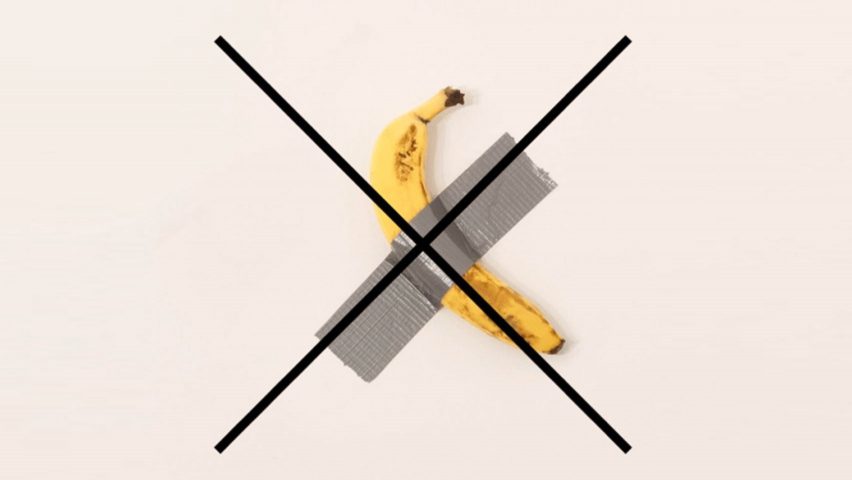
This week, the $120,000 Art Basel banana art was removed and Foster + Partners introduced a sustainability manifesto
This week on Dezeen, Maurizio Cattelan's $120,000 banana at Art Basel Miami Beach was removed from display and Foster + Partners launched its sustainability manifesto.
A banana taped to a wall by Italian artist Cattelan, named Comedian, was removed from its display at Art Basel Miami Beach after "several uncontrollable crowd movements", which included another artist eating it.
In its place, the white wall onto which it was taped has been marked with red-lipstick graffiti that reads "Epstien (sic) didn't kill himself" – vandalism believed to have formed part of an art performance.
It is the second art scandal that Cattelan has been embroiled in this year, after his solid gold $5 million toilet was stolen from an exhibition at Blenheim Palace.
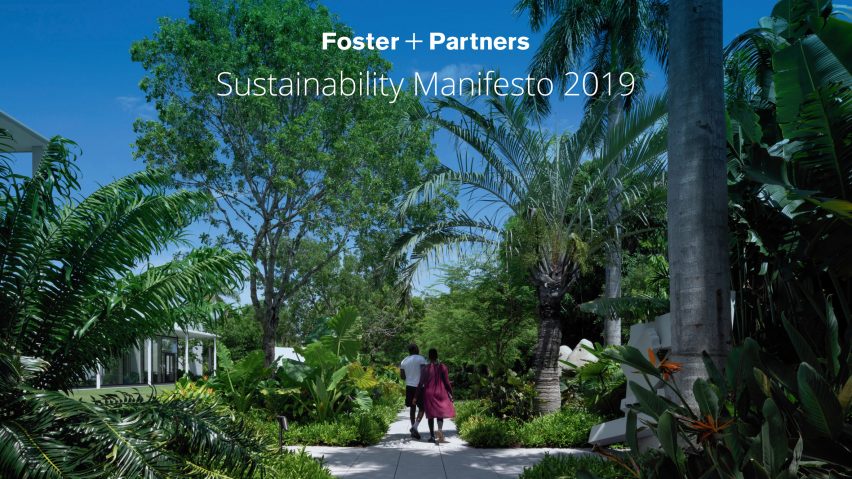
This week also saw Foster + Partners introduce an eight-page sustainability manifesto that outlines its methodology for designing buildings.
The document says the studio will go beyond current environmental certification schemes, stating that these standards will not reduce carbon emissions enough to meet the Paris climate agreement.
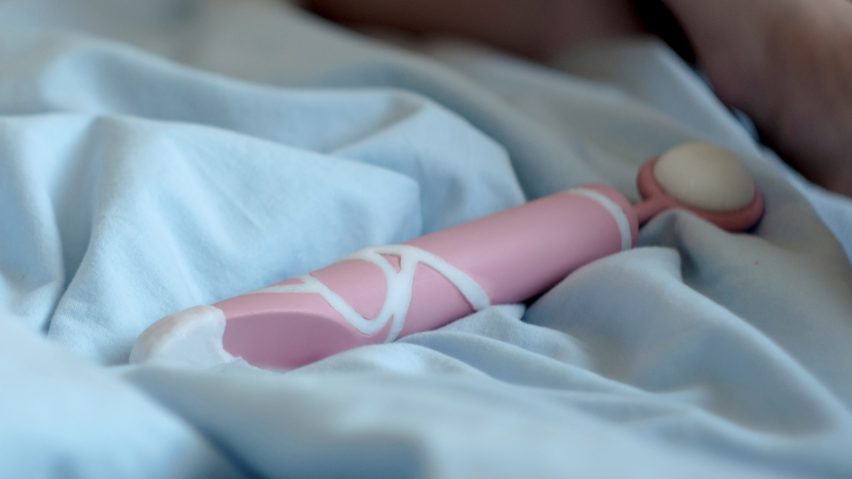
In the design world, Kamila Rudnicka stole the spotlight as Dezeen reported on her design of an at-home insemination kit for use as part of sex. The Polish designer hopes it will help restore pleasure to the often clinical process.
The gold folding phone designed by Pablo Escobar's brother came under fire as Holly Brockwell shared an opinion piece addressing its sexist advertising, which features "lingerie-clad glamour models".
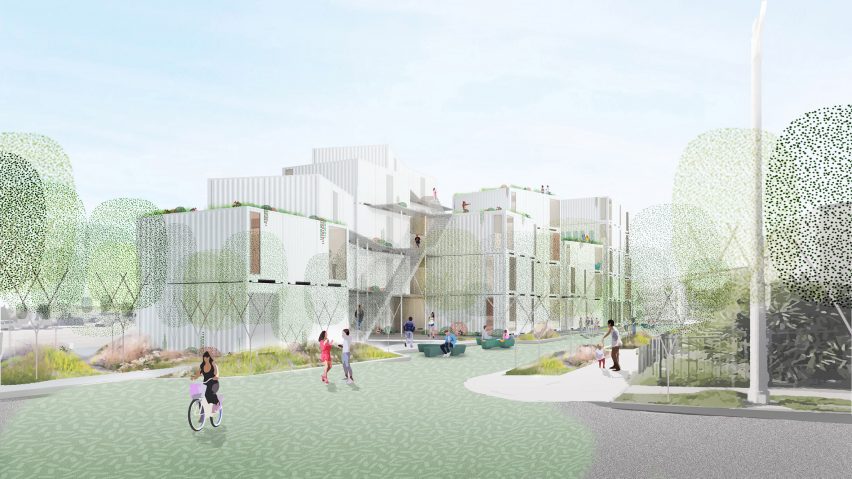
Architecture news this week included the reveal of BIG and Field Operations' design for a resilient park and skyscrapers in Williamsburg, and LOHA's proposal for an affordable housing complex made from stacks of shipping containers.
Arkansas architect Marlon Blackwell also became the 76th recipient of the AIA Gold Medal, which is awarded annually to architects in recognition of their legacy to the industry.
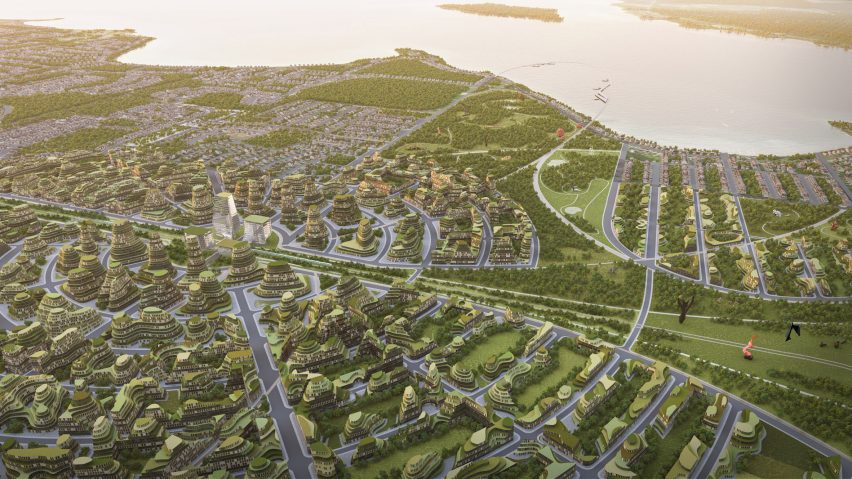
Eyes turned to the rural Canadian town of Innisfil as architecture studio Partisans unveiled its plans to transform it into "the city of the future", using fibre optics, autonomous vehicles and drone ports.
Israel was also in the spotlight when Asaf Mann told Dezeen that "there's something very inspiring happening again", likening its thriving architecture scene to the Bauhaus boom in Tel Aviv.
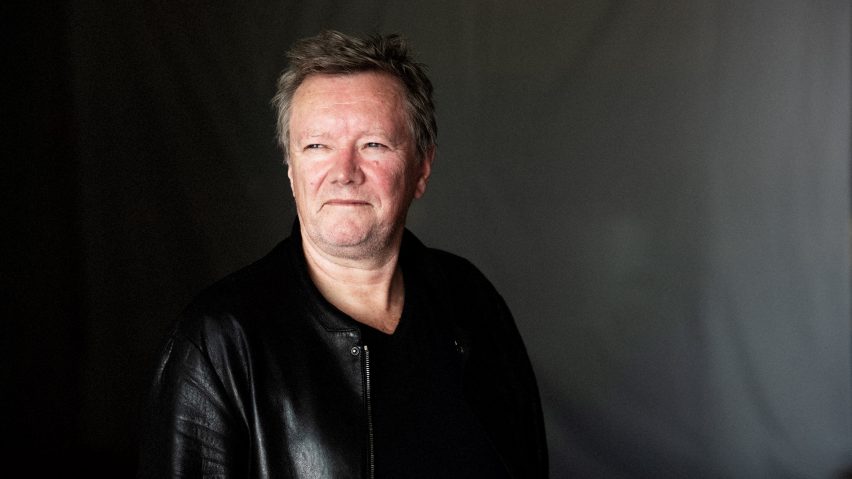
Dezeen shared highlights from an exclusive two part interview with Snøhetta's co-founder Kjetil Trædal Thorsen this week, who shed light on the firm's ambition to make buildings for the betterment of society.
As a pioneer of eco-friendly architecture, Thorsen also spotlighted the climate crisis and warned architects that they must plan for "armageddon situations".
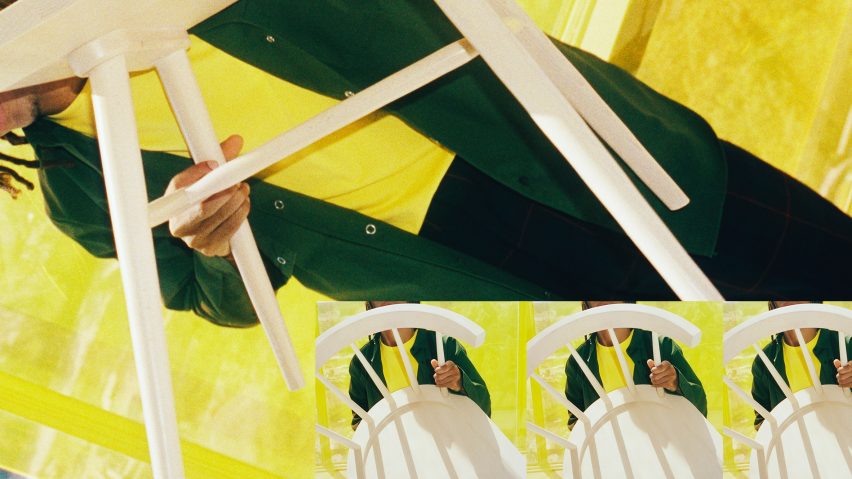
Dezeen also continued its review of 2019, with roundups highlighting the best furniture pieces and transport designs of the past year.
We also rounded up the most impactful British architecture projects of 2019, including a museum for boats and a football stadium.
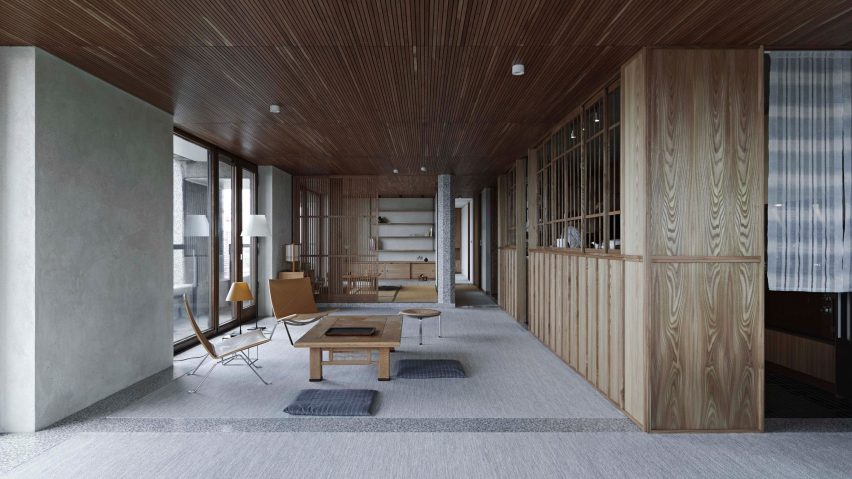
Projects enjoyed by readers this week included Takero Shimazaki Architects' overhaul of a Barbican flat with Japanese details, a store in New York City filled with green plywood cabinets and Richard Chivers photography series of England's remaining gas holders.